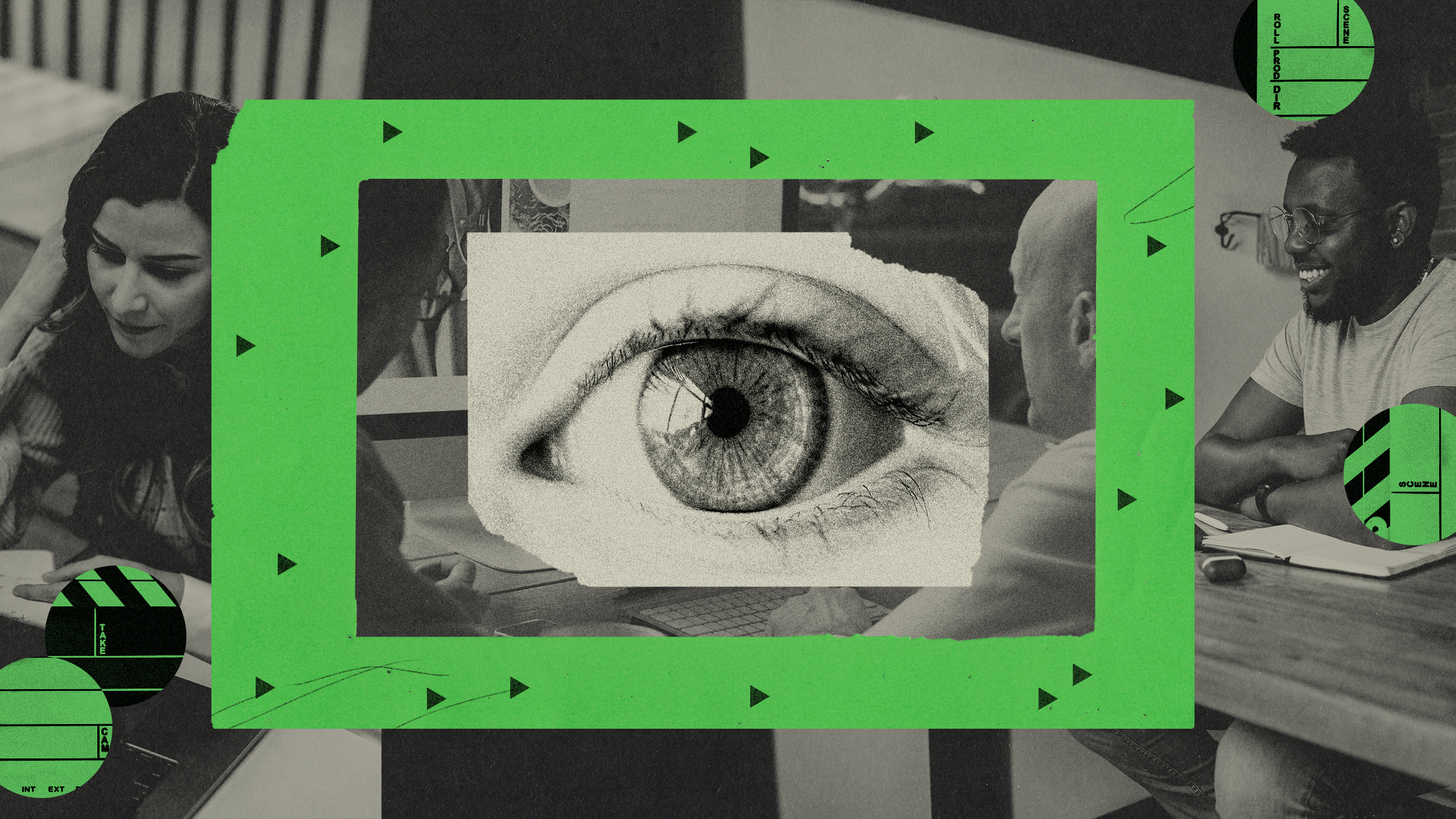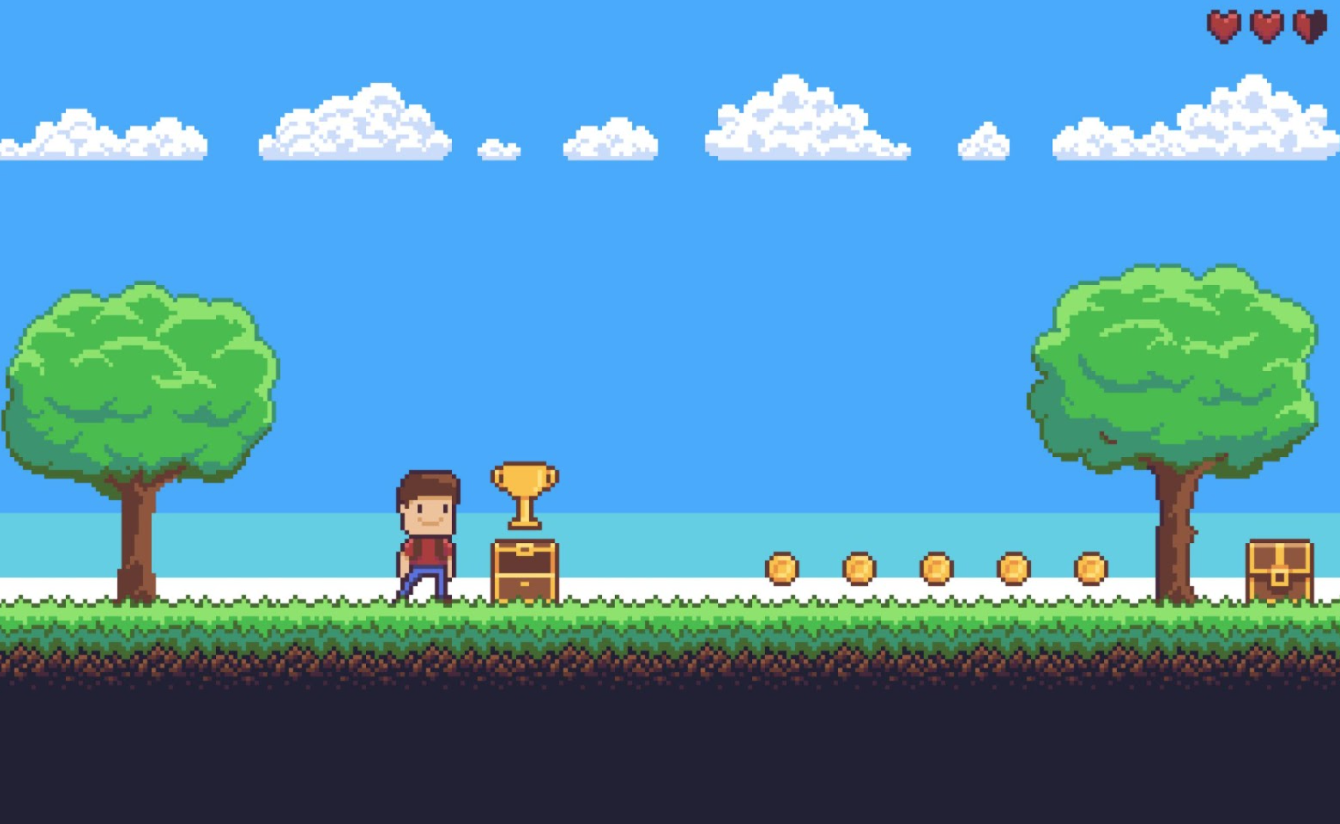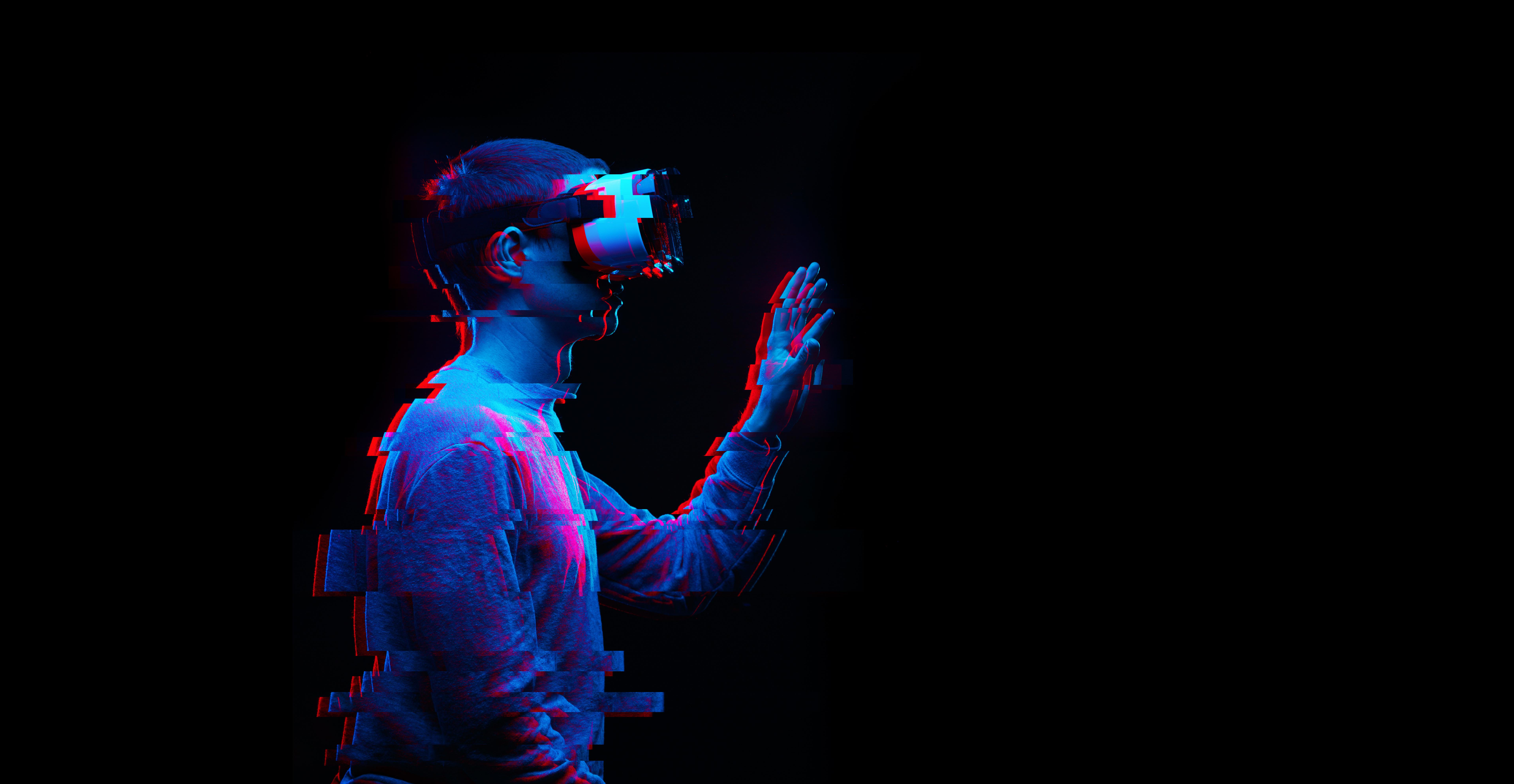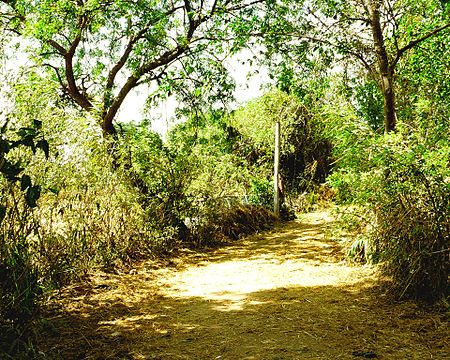How Social Learning through Implied Networks will change the Travel Experience

Smart phones even more than tablets are the perfect all-in-one purpose devices. And as we are using them a bit more every day in a multitude of situations that just a couple of years ago demanded dedicated devices each, we are being trained to adopt new patterns of convenience increasingly quickly.
Not that long ago you probably looked like going on a Safari when doing a city trip. The mere basics included a map of the city center, a tourist guide book, a photo camera, a video camera, spare films and so on. All of this and more now fits now into your pocket and with mobile payments on the horizon the smart phone might even replace your wallet with foreign currency and the good old travellers cheques.
Even though I am known for being nostalgic once in a while, printed paper only got you so far. When you were standing in front of a monument and wanted to learn more about it, all you had was what was written in the book. Today you have apps like Wikitude World Browser. Simply point your camera on the landmark you would like to learn more about and you get an overlay with detailed information about it on your display (augmented reality). Not enough? Get more information with the tap of a finger on Wikipedia, YouTube or any other place on the Internet.
With the different options Google maps or Bing are offering you cannot get lost anymore. Plan your route beforehand and when on the street simply switch to street view and follow along the marks on the screen.
The most exciting part for me in all of this is that those platforms are building not only an interactive environment but they also help connect people based on common interests. Yesterday, I learned about a very interesting use of local check-ins on the BBC and although the app aims at bars and restaurants at the moment, I see many use cases beyond that.
Localmind is based on Foursquare, Gowalla and other check-in services. If you are planning to visit a certain place you can search for it within the app and ask questions like “How crowded is the place right now?” and receive a short message from someone who is at that place right now. If you have ever been to Paris to go to a special exhibition at the Louvre or Musée d’Orsay you know where this is going. You could ask the question “How long is the waiting line?” or “Is it worth to get in line?” and get an answer from a person inside the exhibition. Besides saving time it is also a great way to meet interesting new people with common interests as the city is becoming an interactive platform for new, implied social networks.
With more and more people, visitors as well as locals adding information to the different platforms, cities become a more accessible place that you can enjoy and focus on the things you’re really interested in. You don’t have to wear down the stones unless you absolutely want to see the landmarks and anyone can enjoy an individual experience from the first minute on.
Picture: Wikitude World Browser





